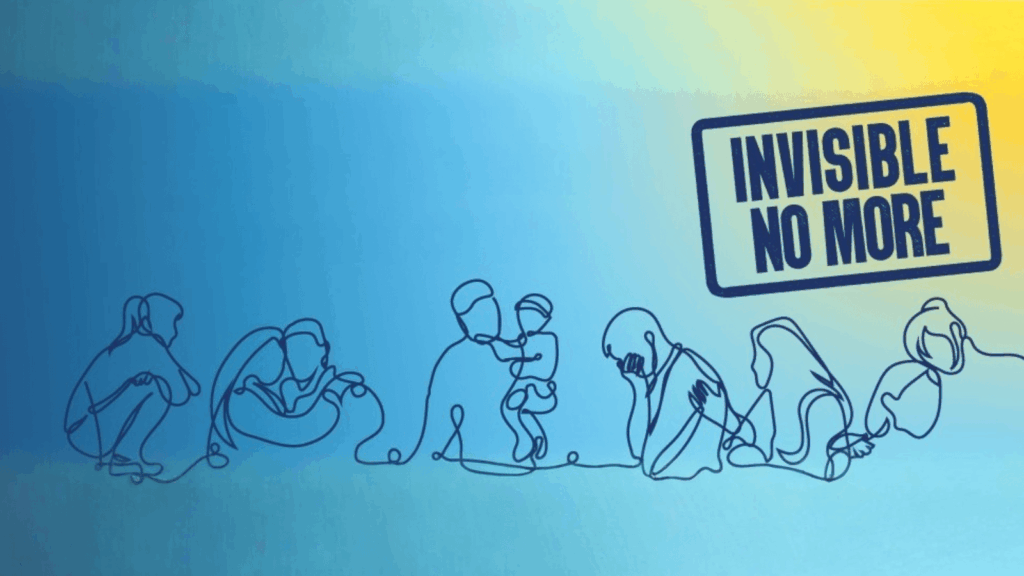On the 3rd of October, the Committee on Budgets voted to adopt their position on the 2023 EU budget. In doing so they restored appropriations on almost all lines cut by the Council in its negotiating position (€1.64 billion altogether) to the level of the original draft budget proposed by the Commission.
In addition, MEPs increased funding for programmes and policies which they see as vital for addressing the consequences of the war in Ukraine and the energy crisis, contributing to the post-pandemic recovery and strengthen efforts towards the green and digital transitions. These include the Horizon Europe research programme (+€311 million above the Commission’s draft budget), the Connecting Europe Facility (+€90 million), the Digital Europe Programme (+€251 million), the environment and climate action LIFE programme (+€60 million), and the support towards SMEs (+€10 million).
Main points highlighted:
- Young people and health: support for young people remains a key priority.
- Humanitarian aid, migration, external assistance: members of the Committee on Budgets reinforced funding for humanitarian aid by €250 million and boosted the Asylum, Migration and Integration Fund with a €100 million top-up, to take into account the increase in needs following the Russian invasion of Ukraine
On the 10th of October MEPs voted on an accompanying resolution. Budget MEPs underline that the that “the Union must be equipped with all possible budgetary means to respond to current crises and focus on people’s needs”. They set the overall level of appropriations for the 2023 draft budget at €187.3 billion in commitment appropriations, representing an increase of €1.7 billion compared to the budget as proposed by the Commission, and at €167.6 billion in payment appropriations.
MEPs say that the draft budget is an insufficient response to the current challenges and recall that the multiannual financial framework (MFF) “was not established to address a pandemic, a war, high inflation, high energy prices, high numbers of refugees, new accessions, food insecurity, and humanitarian crises”. They are of the view that there is an “urgent need for a substantial revision of the MFF, to be submitted as soon as possible and no later than the first quarter of 2023”. Budget MEPs are also currently discussing a resolution on “upscaling the 2021-2027 multiannual financial framework: a resilient EU budget fit for new challenges”.
Next steps
The whole Parliament will vote on its position on the 2023 draft budget during the 17-20 October plenary session. This will launch three weeks of “conciliation” talks with the Council, with the aim of reaching a deal in time for next year’s budget to be voted on by Parliament and signed by its President before the end of the year.
You can find more details at the Parliament’s website.
To learn more about current calls for proposals or Eurodiaconia’s funding events, please don’t hesitate to get in touch with our our Projects and EU Funding Officer Giorgia Signoretto at .



